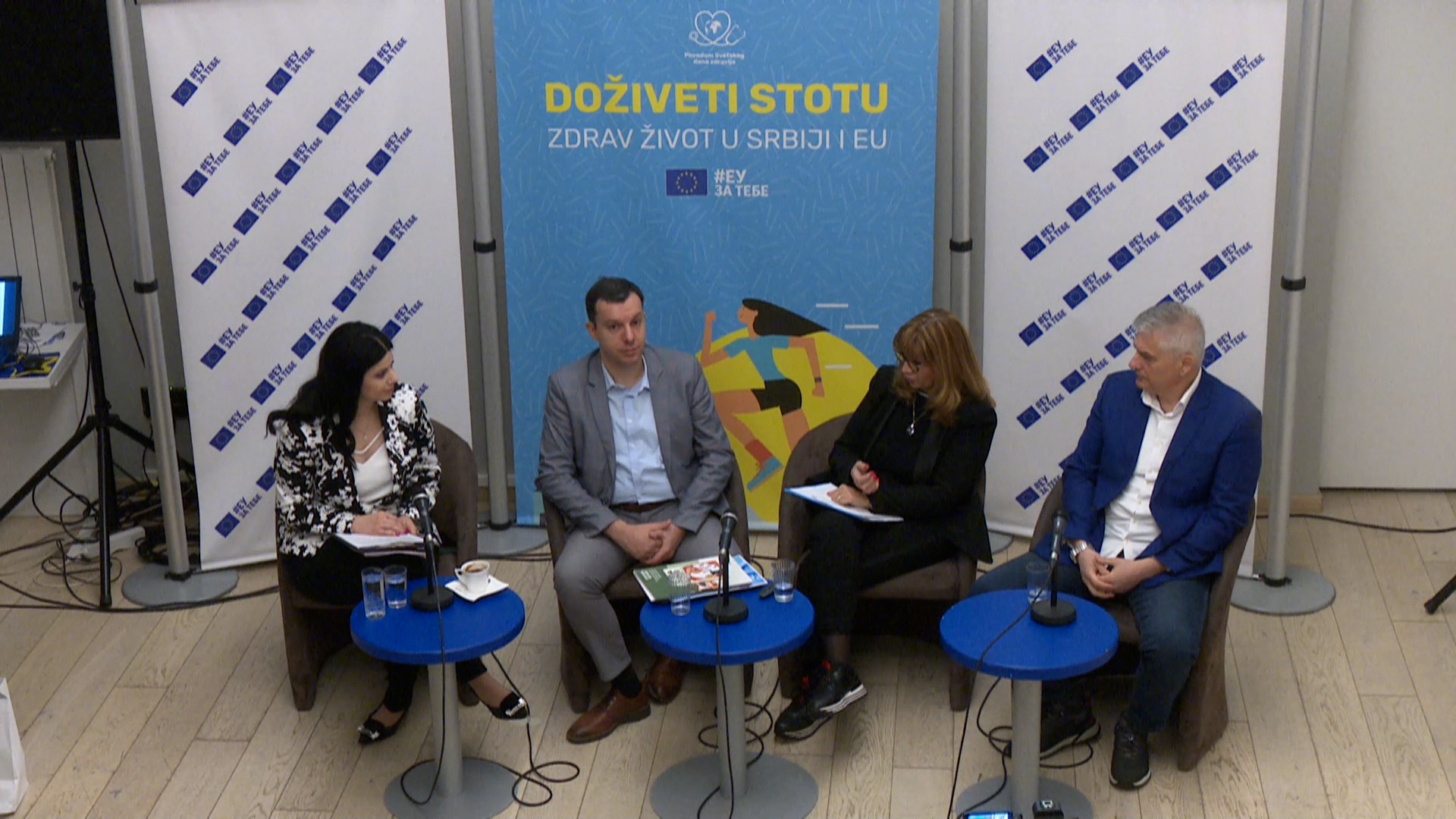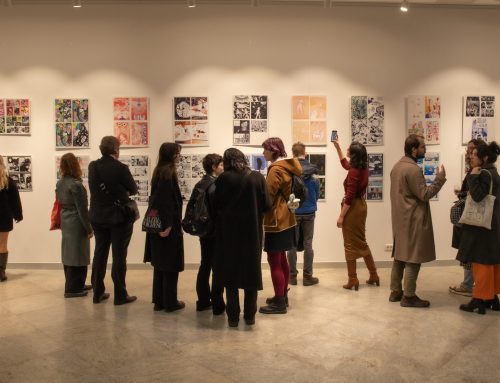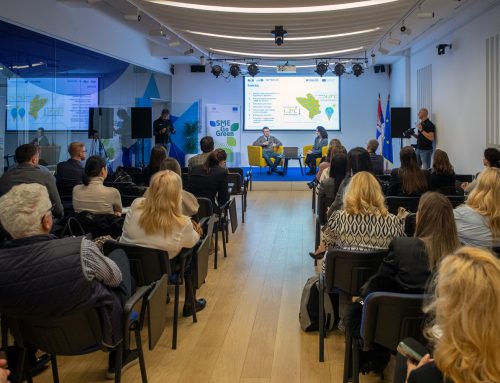The life expectancy of people in Serbia more than thirty years ago was 72.2 years, while this figure is higher today; according to data from 2021, the life expectancy of citizens of Serbia is now 76 years of age. This indicates that people’s health is getting better, however, we are still nowhere close to the nations in the region. For example, life expectancy of Slovenians is 81-82, and Croats 79-80.
“The richer the country, the better the health, the better the systems, the people are more educated, they eat better … The fact is that when you adopt some standards, you live better, these are exact data”, says Dr Maja Vučković-Krčmar, from the Delegation of the European Union to Serbia.
The doctor was one of the speakers on the panel “Live to be one hundred years old – healthy life in Serbia and the EU”, with dr Dušan Vešović, professor and author of the book “Health Formula”, as well as Pavle Zelić, Master of Pharmacy, from the Agency of Medicines and Medical Devices of Serbia (ALIMS).
The panel “Live to be hundred years old”, organized by the EU Info Network on the occasion of the World Health Day, can be viewed on the YouTube channel of the EU in Serbia, and here are some other tips for a healthy life given by the experts.
Once you understand how you can feel good, you will never go back to the previous state – said Dr Vešović. Lifestyle is an extremely important issue, he believes.
“Health Formula” is a set of things that a person should do every day, in order to achieve good health, or improve it. The body likes rituals during the day, for example, when we go to sleep at the same time. The state of health depends on us, we need to take care of ourselves,” says the doctor and gives a specific formula: for good health, you need to drink 30 ml of water per kilogram per day, and an additional half litre. If you do sports, or it’s very hot, you need to drink more water.
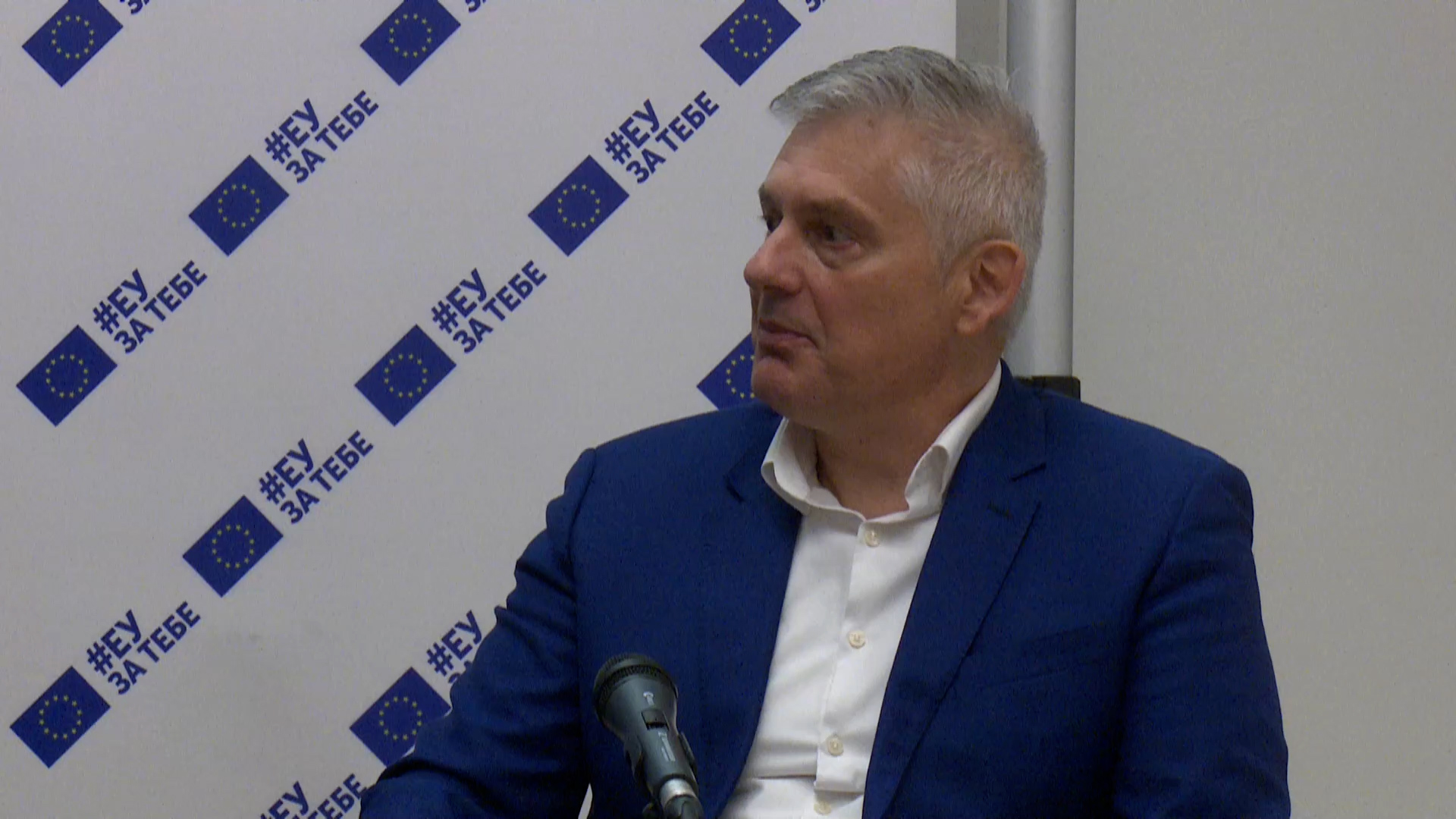
Pavle Zelić emphasized the importance of good information for the purpose of health. Specifically, he addressed the infodemic in the context of vaccines. Polio, a disease that was eradicated, is making a comeback due to parents’ refusal to vaccinate their children.
“The website of the Agency for Medicines and Medical Devices (ALIMS), Institute of Public Health of Serbia ’Dr Milan Jovanovic Batut’, the Ministry of Health, the Republic Health Insurance Fund; I often use the website of the World Health Organization (WHO) and the European Medicines Agency – there are a lot of relevant sources that can provide a lot of information”, says Zelić and adds that despite the doubts of individuals, all these institutions are very transparent.
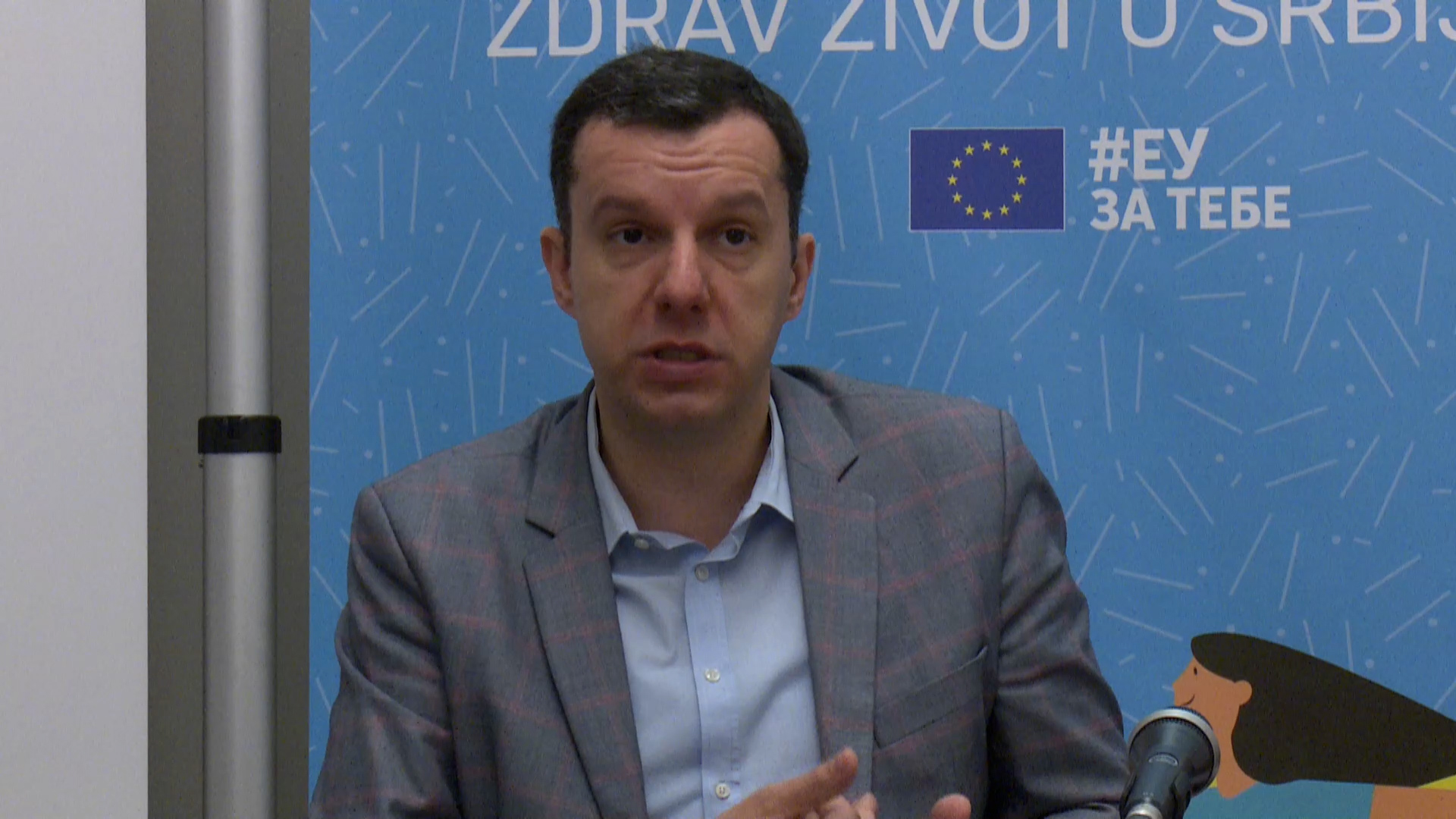
However, it would be good if all of them to use the social networks, so that people would not choose obscure sources of information.
Zelić also spoke about the counterfeiting of medicines. At one time, this trend was “reserved2 for drugs that affect lifestyle, i.e. drugs for weight loss, potency, while now drugs for life-threatening conditions – severe types of cancer, immune diseases are counterfeited.
“Criminals who do this will do anything to make money.” Every other drug that is sold over the Internet is counterfeit, which means that the therapeutic effect is absent.”
Having in mind that young people are most often susceptible to such scams, ALIMS published a comic, which better explains the importance of this problem to them.
One of the important topics was the COVID pandemic and the indecision of Serbian citizens to get vaccinated. It is important for people to understand that it is for their benefit, not against them, says Dr Maja Vučković-Krčmar.
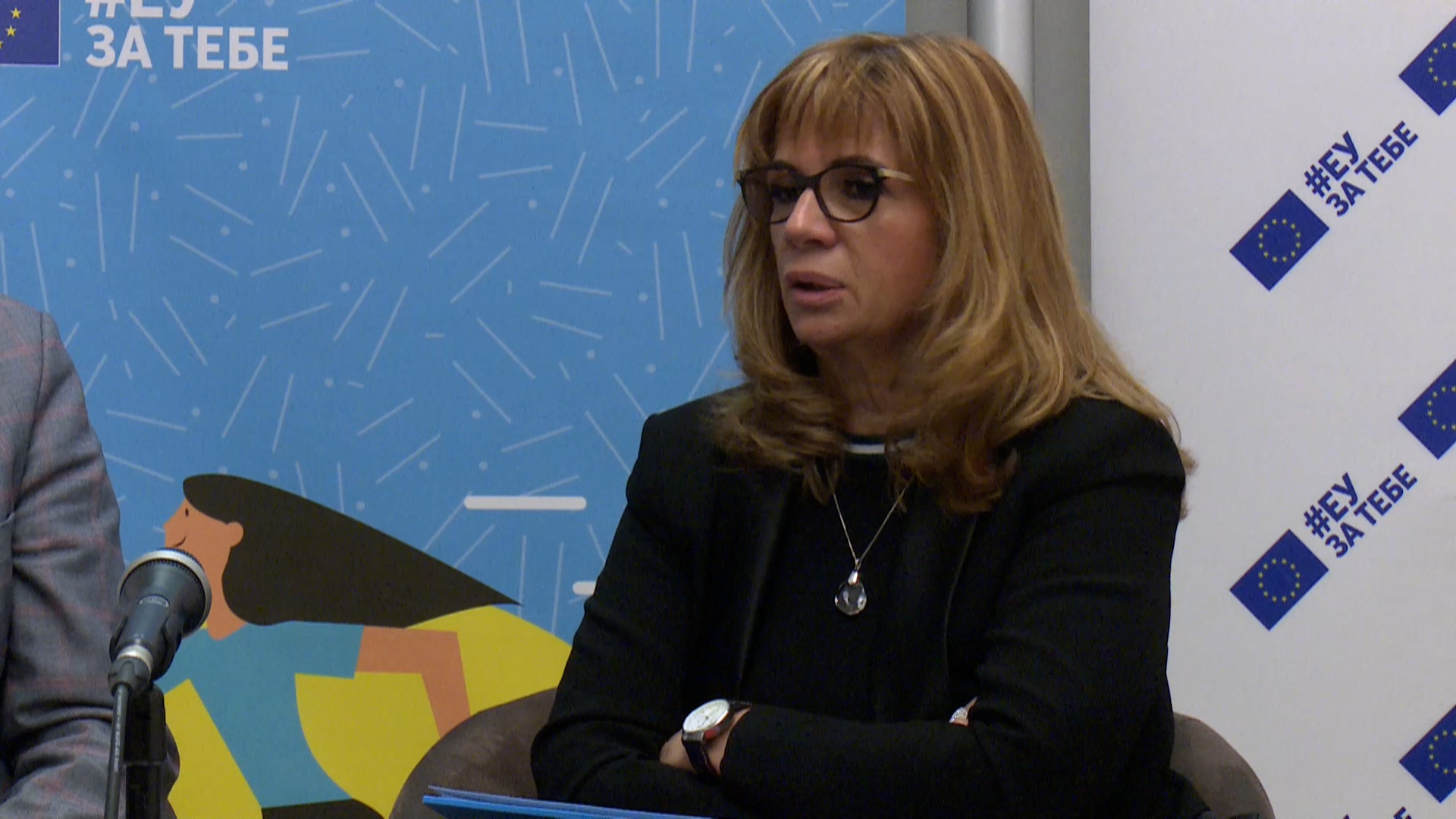
She reminded everyone of the support that Serbia received from the EU in the midst of the corona virus pandemic, as well as other successful projects:
“The Medicines Agency is the best example of what the EU has done in Serbia, and I am very proud of it.”
However, she also pointed out that there is not enough awareness in Serbia about the importance of organ transplantation, and it is one of the projects that the EU deals with. In particular, the European Union recently donated one and a half million euros to Serbia, from which equipment for blood transfusion and transplantation, including specialized vehicles for transfusion, was purchased.
“I think we have done a lot so far. We are currently working on a project worth 12 million euros, which will equip three large laboratories in Niš, Kragujevac and Belgrade and raise them to a higher level. Work will also be done on the digitalization of the entire health system”, concludes the doctor.
Read more about the assistance to the health of Serbian citizens which the European Union has been providing form more than two decades HERE.

